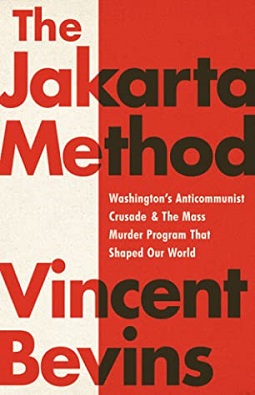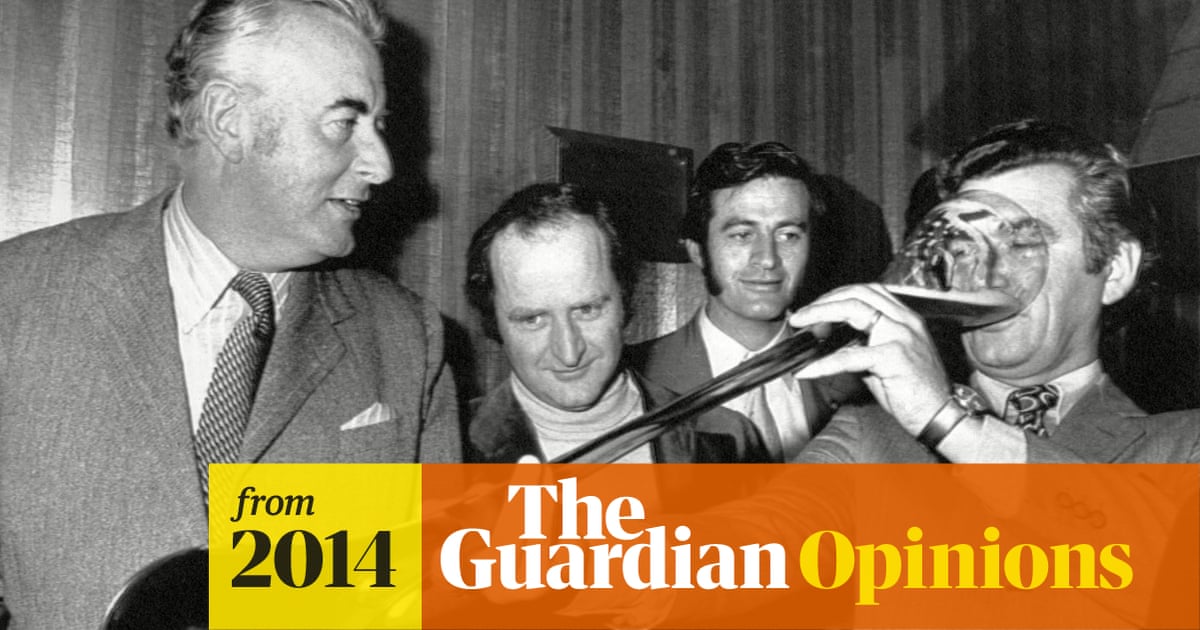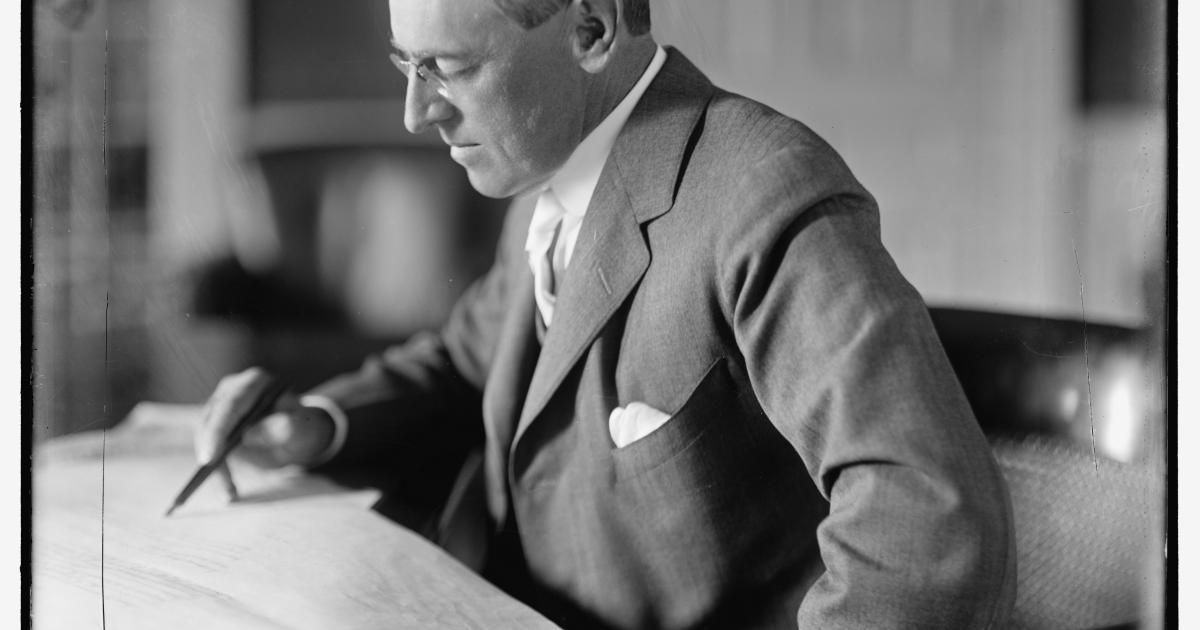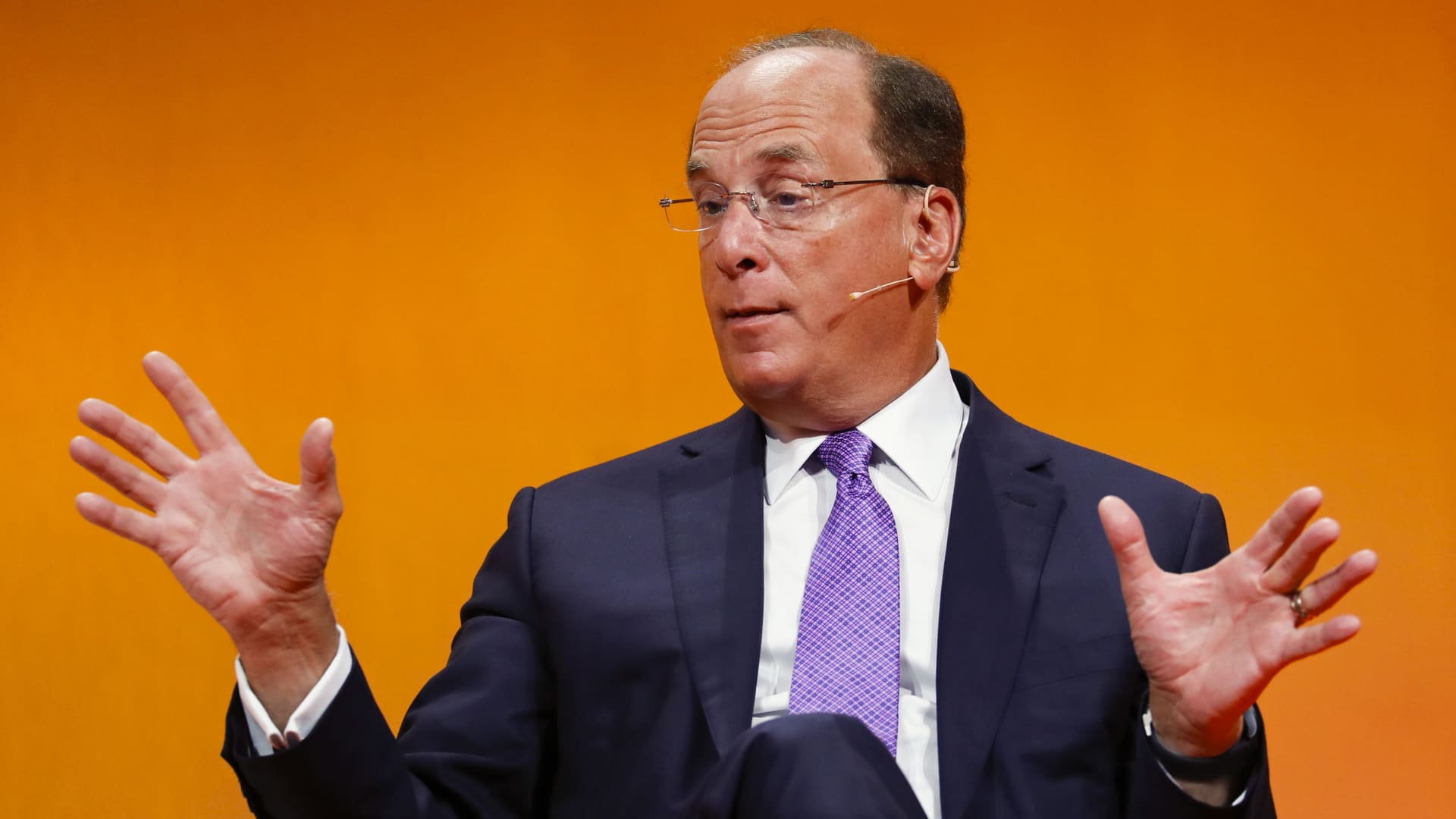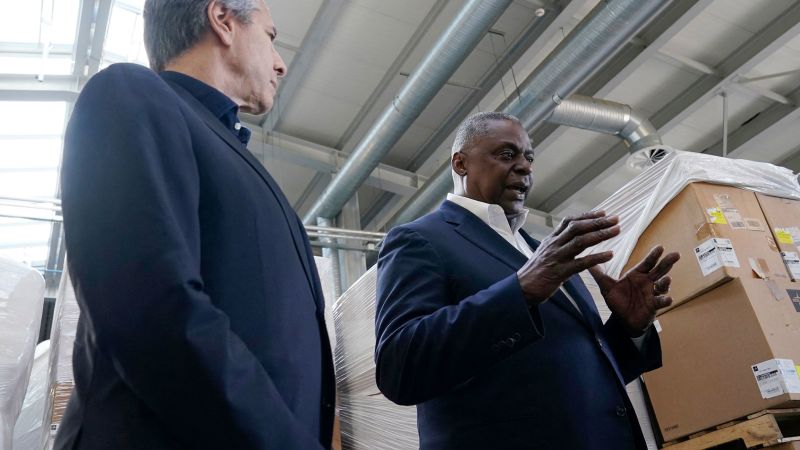superchuck500
U.S. Blues
Offline
Russia continues to mass assets within range of Ukraine - though the official explanations are that they are for various exercises. United States intelligence has noted that Russian operatives in Ukraine could launch 'false flag' operations as a predicate to invasion. The West has pressed for negotiations and on Friday in Geneva, the US Sec. State Blinken will meet with the Russian Foreign Minister Lavrov.
Certainly the Russian movements evidence some plan - but what is it? Some analysts believe that Putin's grand scheme involves securing Western commitments that NATO would never expand beyond its current composition. Whether that means action in Ukraine or merely the movement of pieces on the chess board remains to be seen.
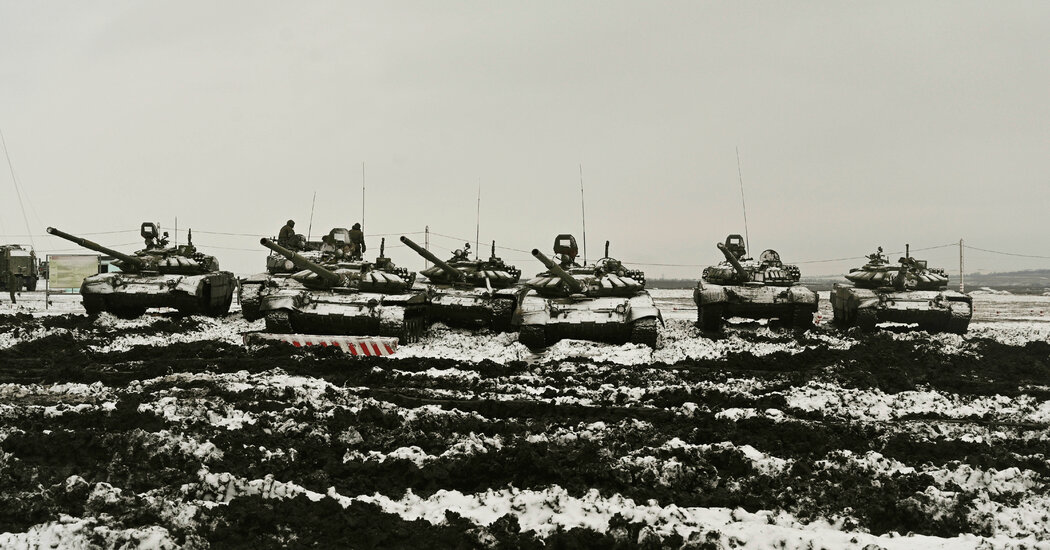
 www.nytimes.com
www.nytimes.com
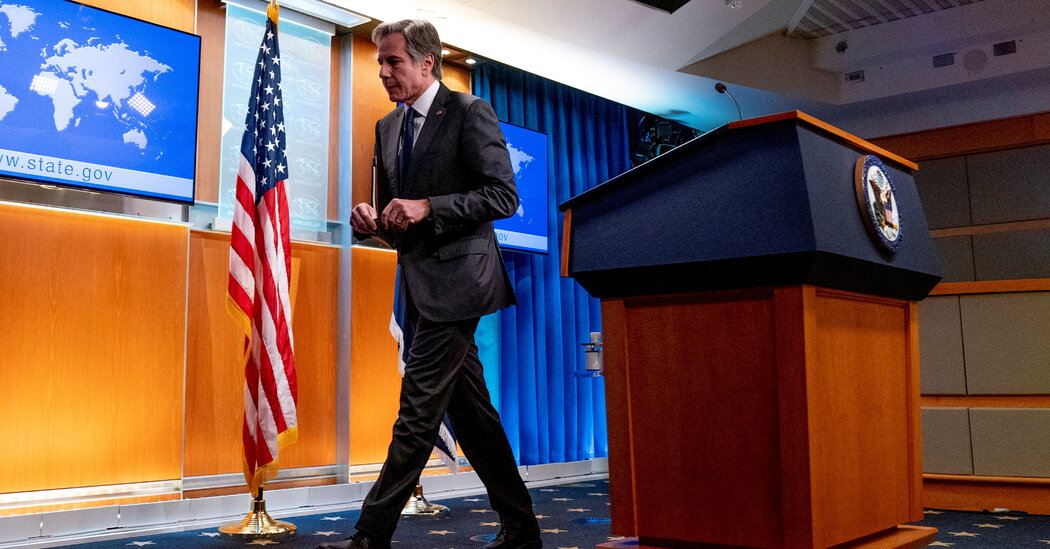
 www.nytimes.com
www.nytimes.com
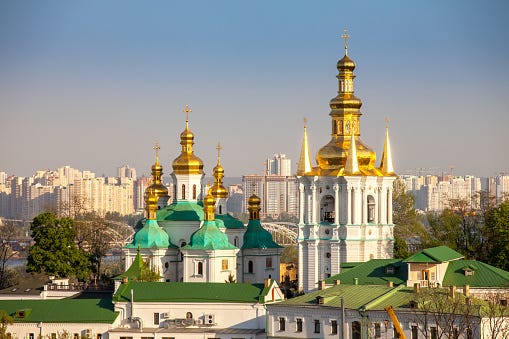
Certainly the Russian movements evidence some plan - but what is it? Some analysts believe that Putin's grand scheme involves securing Western commitments that NATO would never expand beyond its current composition. Whether that means action in Ukraine or merely the movement of pieces on the chess board remains to be seen.
VIENNA — No one expected much progress from this past week’s diplomatic marathon to defuse the security crisis Russia has ignited in Eastern Europe by surrounding Ukraine on three sides with 100,000 troops and then, by the White House’s accounting, sending in saboteurs to create a pretext for invasion.
But as the Biden administration and NATO conduct tabletop simulations about how the next few months could unfold, they are increasingly wary of another set of options for President Vladimir V. Putin, steps that are more far-reaching than simply rolling his troops and armor over Ukraine’s border.
Mr. Putin wants to extend Russia’s sphere of influence to Eastern Europe and secure written commitments that NATO will never again enlarge. If he is frustrated in reaching that goal, some of his aides suggested on the sidelines of the negotiations last week, then he would pursue Russia’s security interests with results that would be felt acutely in Europe and the United States.
There were hints, never quite spelled out, that nuclear weapons could be shifted to places — perhaps not far from the United States coastline — that would reduce warning times after a launch to as little as five minutes, potentially igniting a confrontation with echoes of the 1962 Cuban Missile Crisis.

Russia Issues Subtle Threats More Far-Reaching Than a Ukraine Invasion
If the West fails to meet its security demands, Moscow could take measures like placing nuclear missiles close to the U.S. coastline, Russian officials have hinted.

Blinken Will Meet With Russia as U.S. Pushes for More Diplomacy
Secretary of State Antony J. Blinken will meet with Foreign Minister Sergey V. Lavrov of Russia in Geneva on Friday as the United States warns that Russia could soon attack Ukraine.



